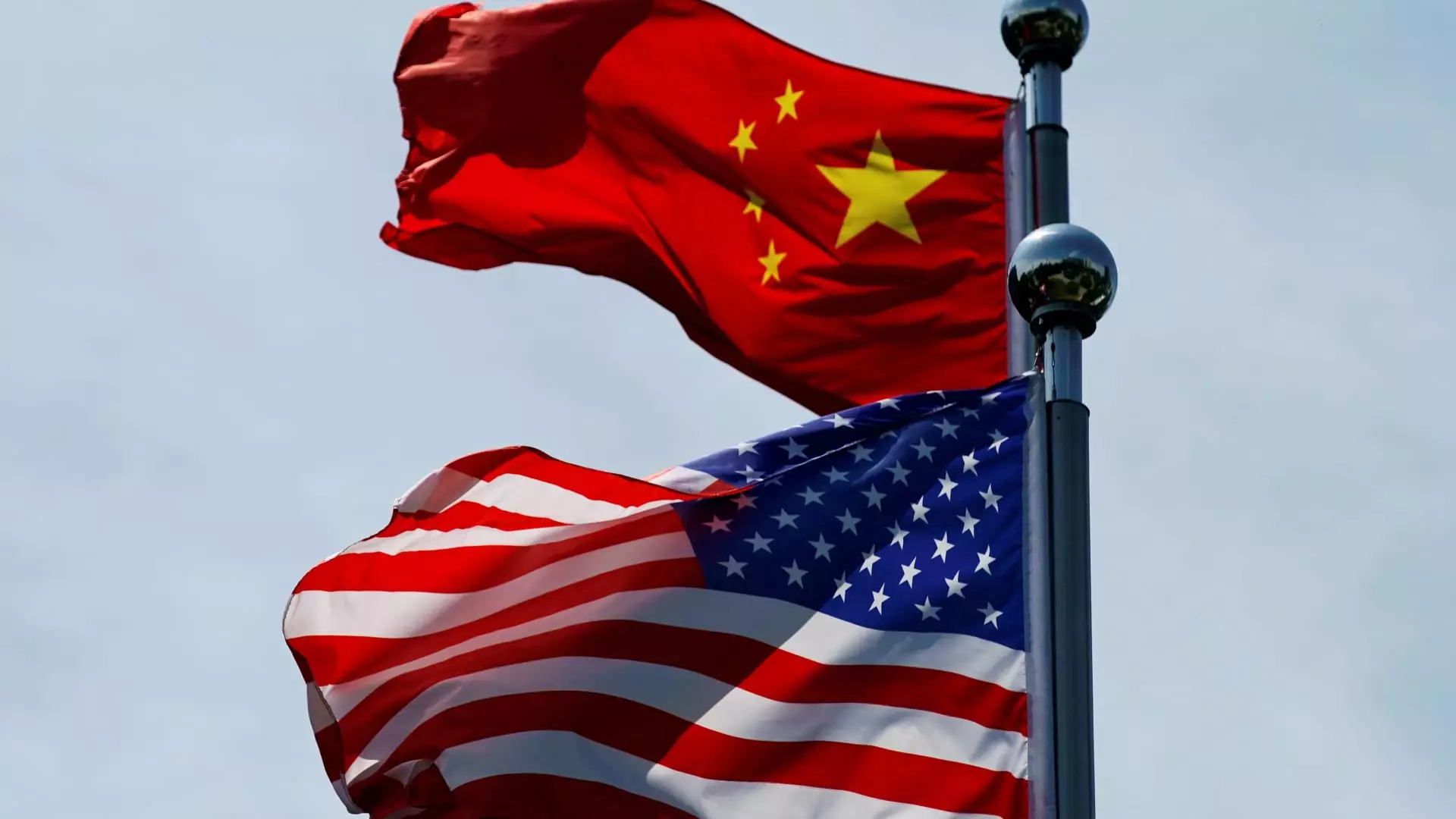The global economy is on a perilous precipice, threatened by an escalating shortage of rare earth elements critical to the production of advanced technology and industrial components. A recent high-stakes phone call between the Presidents of the United States and China has failed to unearth any viable solutions to this pressing crisis. We must recognize that the monopoly China has on the mining and distribution of these key minerals poses not just a supply chain risk but also an existential threat to economies dependent on high-tech manufacturing, most notably in the automobile sector, where delays could be catastrophic.
The iron grip that China holds over rare earth exports is evident. Over the past two years, the nation has enacted increasingly stringent export controls, purportedly to safeguard its resources amid rising tensions with Western powers, particularly the U.S. The alarming announcement of new controls on seven rare earth elements just weeks ago marked another escalation in an ongoing tug-of-war. As businesses scramble to secure these vital materials, it becomes clear that ongoing negotiations and trade agreements may not suffice in addressing this urgent predicament.
The American Response: A Fragile Optimism
In light of the glaring deficiencies in supply, American businesses are left to wonder what kind of genuine collaboration can be achieved when communication appears limited. President Trump declared that discussions are advancing, yet actions are speaking louder than words. Many firms have reported a dwindling supply of these minerals, with 75% of a survey group indicating that their stocks of rare earths would run dry within three months. So, while the Presidents may be exchanging pleasantries, the reality is that companies are careening towards production halts that could escalate into economic disasters, with implications reaching far beyond U.S. borders.
The promise of easing restrictions and mutual cooperation feels like a mirage in the desert of trade relations. A commitment to cutting tariffs and halting countermeasures is meaningless if vast swathes of industrial sectors face access restrictions to critical materials. In this context, American optimism seems dangerously misplaced, as the reality of impending shortages looms ominously.
Europe’s Struggles: The Ripple Effects of China’s Control
As the U.S. grapples with its rare earth dilemma, Europe is experiencing its own wake-up call. The repercussions of China’s tightening export controls have led to production stoppages for several European automotive manufacturers, including reports that the Japanese automaker Suzuki had to suspend its car manufacturing due to these supply chain disruptions. This situation showcases a broader crisis that transcends national borders, highlighting a global interdependence reliant on unobstructed access to critical materials.
Industry associations are warning of widespread impacts in the near future, pointing out that Beijing has approved only a fraction of thousands of export license applications. This sluggishness and lack of transparency in their approval process aggravate the existing chaos. The gradual weakening of production capacities across Europe underscores just how intricately the global market is tethered to China’s decision-making. It’s a precarious foundation that might collapse under the weight of further restrictions.
The Implications of Non-Transparent Policies
China’s attempts to characterize its export control measures as broadly applies are revealing their own complexities. Government reassurances that these metrics are non-discriminatory appear hollow as the very industries they govern struggle with inadequate transparency and delayed processing times. Such policies demystify the facade of a cooperative global trade environment, bringing into sharp focus the realities of individual national interests overshadowing international cooperation.
The implications of these export controls will not be felt equally by all players. As American and European companies find themselves impeded by bureaucratic red tape, their Asian counterparts may benefit or be less impacted by similar restrictions, highlighting the unequal nature of these economic dynamics. This imbalance creates a landscape where, instead of fostering competition and innovation, states retreat into protectionism, with overall global productivity suffering as a result.
Wider Concerns Around Critical Mineral Supply Chains
The broader question must be asked: what does this crisis reveal about our over-reliance on a single nation for essential resources? As China amplifies its control over not only rare earth minerals but also other critical resources, including gallium and tungsten, the need for diversification in the supply chain becomes alarmingly clear. The implications stretch into industries beyond technology, potentially stifling advancements across sectors that rely on sophisticated materials for their continued evolution.
In an age where national security also translates into economic security, the monopolization of supply by a solitary country becomes untenable. Those holding power over critical minerals wield tremendous influence, and it should not escape our attention that this dependency could one day translate into armed conflicts. This evolving paradigm compels nations to rethink their strategies in securing access to these increasingly scarce materials, lest they find themselves caught in a resource-driven geopolitical conflict defined by the interests of a single nation.

